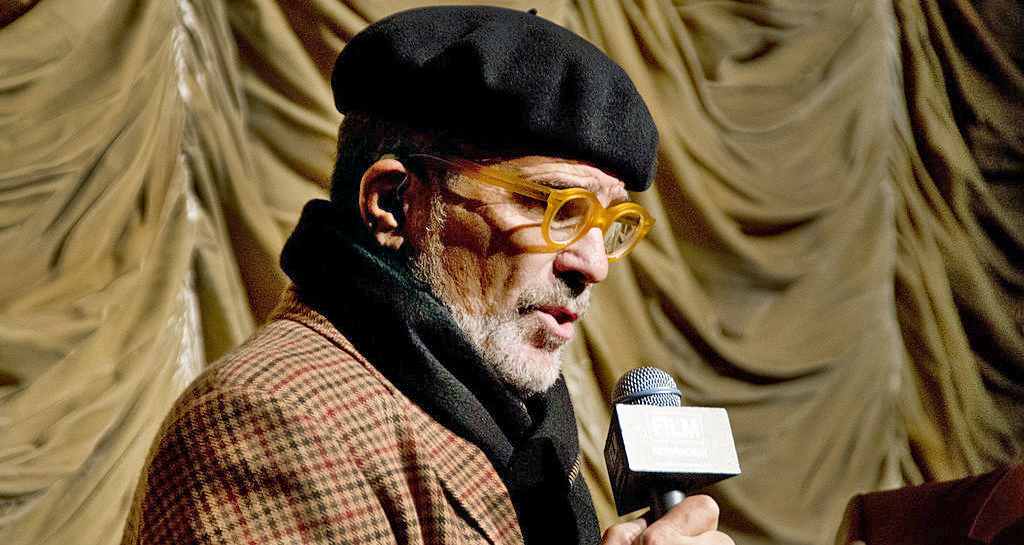The fact that a new production of David Mamet’s vicious and unremitting Oleanna is currently being staged in London after glowing reviews — including five stars from The Guardian — might come as a surprise to those who have followed recent responses to his work.
In the summer of 2019, Bitter Wheat, Mamet’s last new play to be staged in London, received a volley of one-star reviews and seemed to paralyse the faculties of some critics. It starred John Malkovich as the Harvey Weinstein-inspired Barney Fein, who suffers a breakdown after sexually assaulting an actress.
That same year, Lloyd Evans, The Spectator’s theatre critic, remarked on the unlikelihood of an Oleanna revival. “The #MeToo movement has made it redundant or even confusing,” he wrote. But here it is, a new Oleanna — and now that the most heated debates around gender have at least temporarily moved to a different sphere, we can see the play for what it is: the most potent distillation of Mamet’s antipathy towards higher education.
In 1992, audiences interpreted Oleanna as a straightforward gender clash, apparently taking it so much to heart that there were screaming matches and fistfights in the lobby. The thrill of the fallout — surely a bit exaggerated — has become part of American theatre lore.
Some reviewers still see the play as an exhibition of unchecked male entitlement. The Guardian reaches for the usual formulas, calling John, the professor who is censured for putting his arm around a student, a “stealth predator” guilty of “micro-aggressions” and “gaslighting”. Directors might choose to highlight the sleaze and sexual tension, but the bulk of the text is an argument between two thwarted idealists at different stages of disillusionment.
“We, who could not pull a tooth, try a case, do a profit or loss sheet, or — likely — change a tyre, were taught that we must change the world,” wrote Mamet recently for The Times. What we have in Oleanna is a teacher in crisis over the disappointment of his career, and a student made to feel like a failure for struggling to keep up with the arbitrary rituals of formal exams. When John offers Carol an “A” grade for taking part in a series of one-to-one sessions, it is not necessarily with lascivious intent — he is mocking the wholesale worthlessness of grades. For John, who is on the verge of tenure, higher education is “something-other-than-useful”, a “prolonged and systematic hazing”, which nevertheless allows him to afford a house for his wife and children. In Carol he spots the opportunity to tell the truth — for once.
Mamet was putting it too strongly when he wrote in The Times that universities have only brought about “dissipation” and “sloth”, with occasional bursts of dim-witted student protest. His own ideas about the teacher-student relationship are idiosyncratic: when he taught acting in the 1970s he fined students a dollar for every minute they were late — then burned the money in front of them. But Oleanna resonates with the ongoing decline of universities in unexpected ways.
Teenagers in English universities are now paying £9,250 a year for Zoom lectures that are unlikely either to improve their employment prospects. Soon Carol’s plight will look like a luxury — some might grow jealous of her one-to-one tutorials, and even campus activists might yearn for closer contact with the enemy. But while we can justly blame the pandemic for the immediate problems facing universities, the real torpor took hold a long time ago.
Oleanna runs at the Arts Theatre, London, until October 30th.











Join the discussion
Join like minded readers that support our journalism by becoming a paid subscriber
To join the discussion in the comments, become a paid subscriber.
Join like minded readers that support our journalism, read unlimited articles and enjoy other subscriber-only benefits.
Subscribe